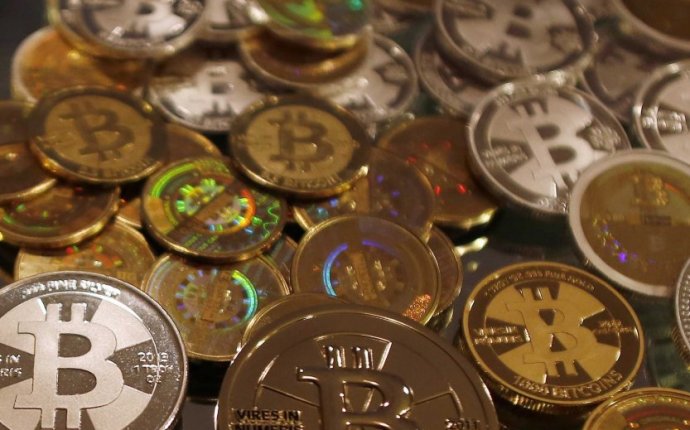
Person with most Bitcoins
At that time, they claimed to have purchased $11 million worth of BTC at a rate of around $120. There have only been a few times since then that they’ve actually lost any value, and currently they’re sitting on a higher value than their original investment. If they sold during the $1000-plus bubble at the end of 2013, and then purchased again, it’s hard to say, but they could have five times as many bitcoins easily.
Of course, buying Bitcoins with money is not the only way to do it. The other two ways to get bitcoins are to mine them or sell goods and services for them. Ross Ulbricht was perhaps one of the largest Bitcoin hoarders in history, albeit not necessarily by choice, making vast sums from transaction fees on the Silk Road. This is no longer an allegation, in that he confessed to it repeatedly by now.
Venture capitalist Tim Draper purchased one of the lots of Ross Ulbricht’s bitcoins when the market rate was more than double what it is today. Then there are the rumored Satoshi Nakamoto coins, an unknown amount that hasn’t moved since the creator disappeared in 2011. During the first year of mining, 2009, there were over 1.5 million coins mined, of which it is believed Nakamoto controls a fair few. Were these coins ever to start moving, a market panic might ensue. In fact, the last time ancient coins, from February of that year, were moved, the owner felt the need to publicly announce that he wasn’t intending to scare anyone by moving old coins.
As of July, the address containing the most bitcoins was 39coweGgC8CPZ6hYL1BBEfc1zqbSfHsprW and it contained at that time some 215, 000. A recent episode involving Silk Road cohort Variety Jones mentioned that federal agents were illicitly trying to get him to help them unlock a wallet that contained more than 300, 000 coins.
Determining who has the most bitcoins would not be easy. It’s not really feasible to “prove” that one has control of coins. On top of that, most Bitcoiners are rightly private about their finances, which currently still have dubious legal standing in many jurisdictions. Additionally, most Bitcoiners do not store vast quantities in single addresses. The very act of making a transaction usually results in change addresses receiving the remainder of the transaction. The writer’s own wallet, for instance, contains something like 250 addresses for this reason.









